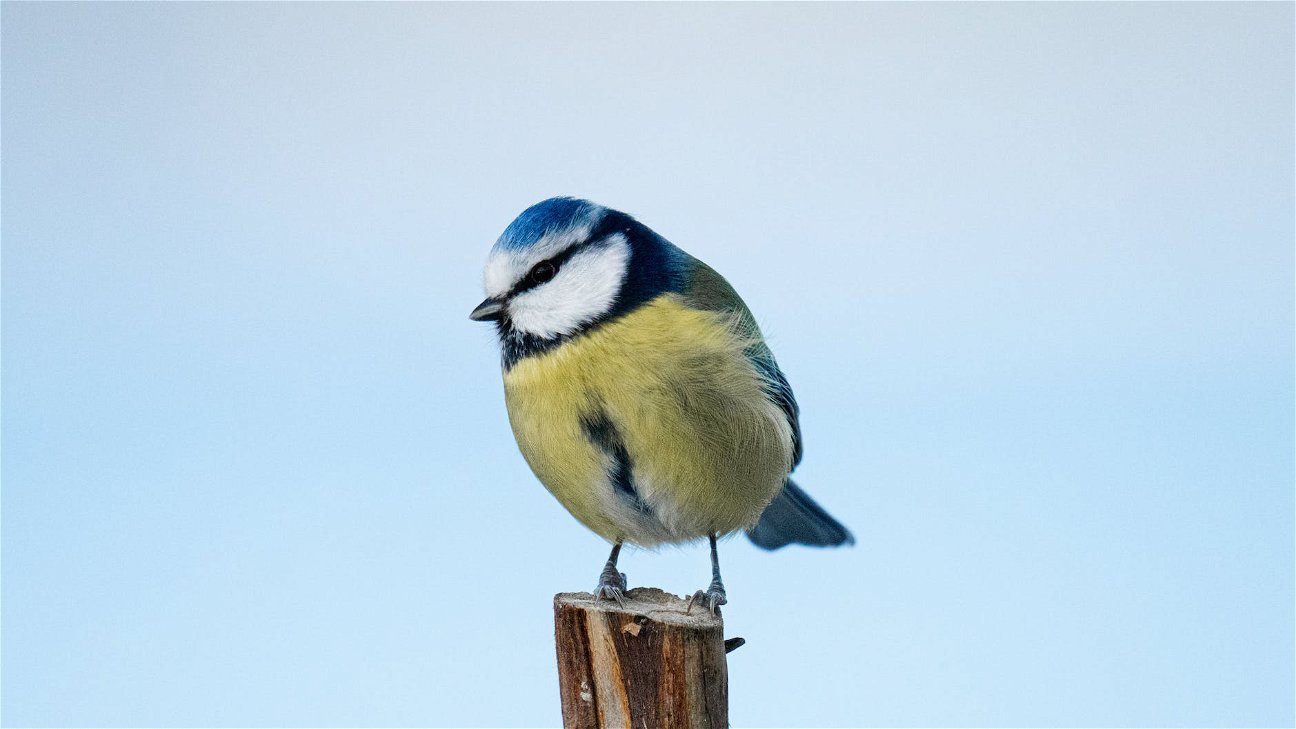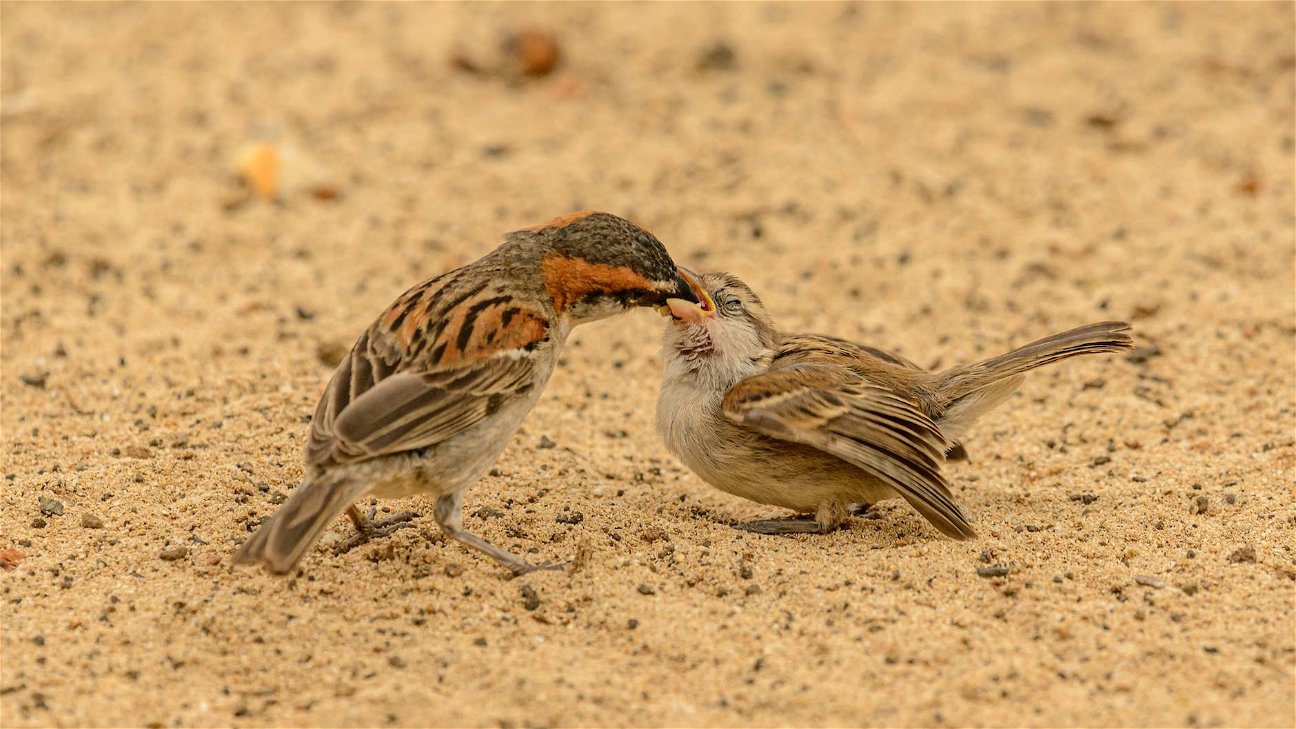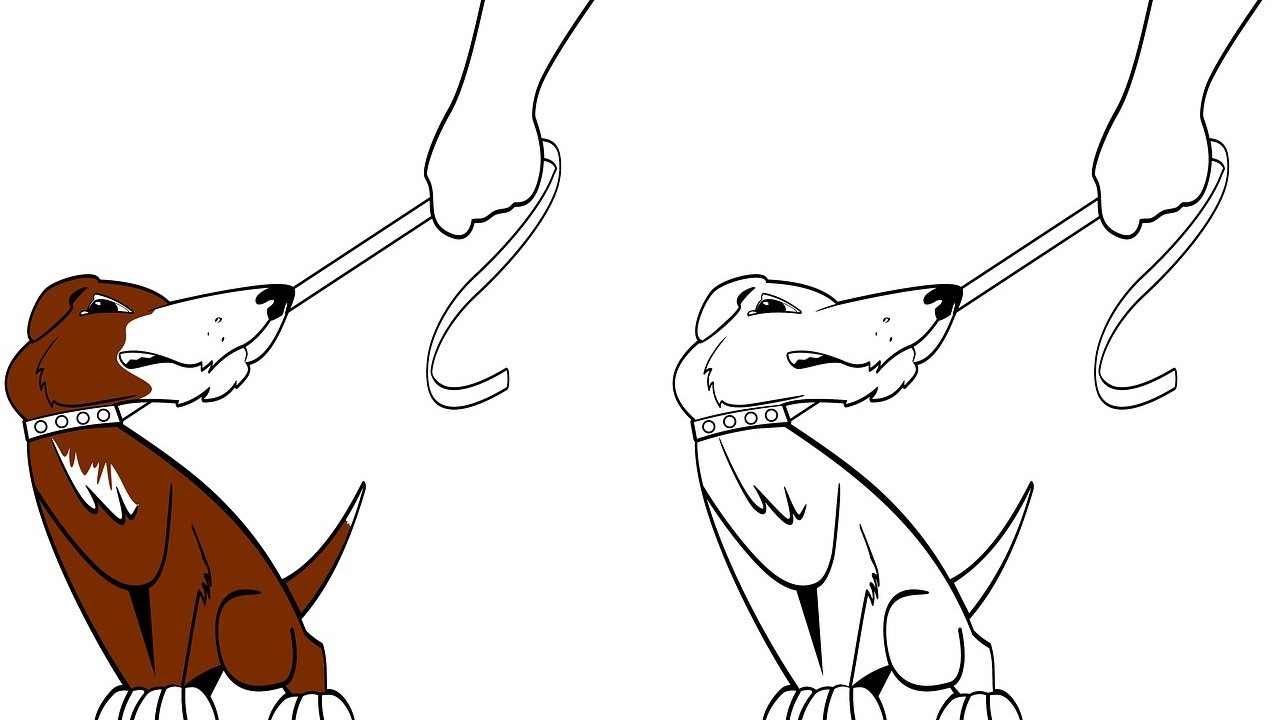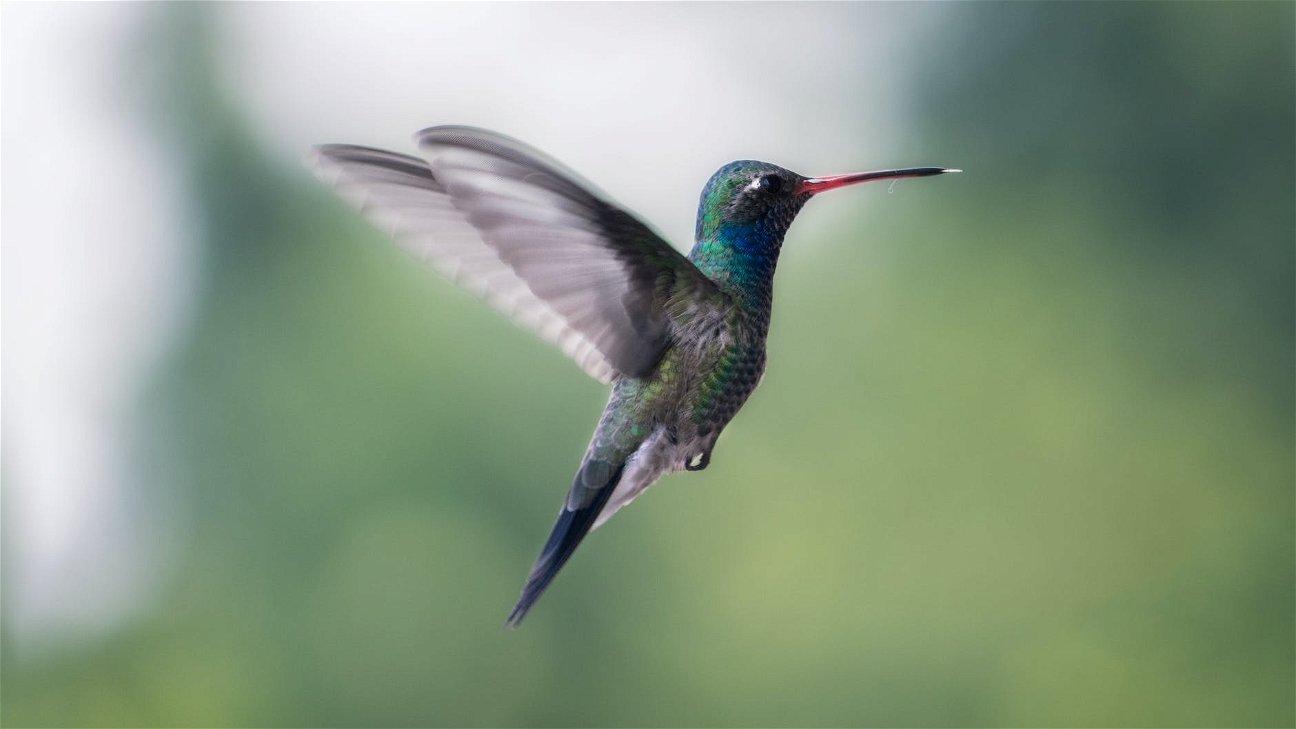
Parrots are known for their ability to mimic human speech, but teaching your feathered friend to talk can be quite a task. Here are some tried and tested tricks to kickstart your parrot's speech training.
Understand Your Parrot’s Capacity for Speech
Before you start, it's essential to understand that not all parrots have the same capacity for speech. Some species, like African Greys and Budgies, are known for their extraordinary talking skills, while others are less vocal. Adjust your expectations accordingly, and remember, every parrot is unique.
Create a Bond
Communication is built on trust and understanding. Spend quality time with your parrot and make sure they feel comfortable and safe with you. The stronger your bond, the more likely they are to start mimicking your speech.
Start with Simple Words
Begin with simple, clear words. 'Hello', 'Goodbye', and the parrot's name are good starting points. Say the words distinctly and frequently, and make sure to reinforce any attempts your parrot makes to mimic them.
Repeat and Reinforce
Parrots learn by repetition. Repeat the word or phrase you want them to learn several times a day. Consistency is the key. Also, remember to reinforce their successful attempts with treats or praises to motivate them.
Training Sessions
Schedule regular training sessions, but keep them short. Parrots have short attention spans, and long training sessions can be counterproductive. Fifteen minutes, two to three times a day, is a good place to start.
Use Association
Parrots learn faster when words are associated with actions or objects. For example, say 'Goodbye' when you leave or 'Eat' when feeding them.
Increase Vocabulary Gradually
Once your parrot has mastered a few words, start introducing new ones. Keep expanding their vocabulary gradually. Remember, patience is key during this process.
Understanding Parrot Noises
Parrots make a variety of noises, and part of teaching them to talk involves understanding these sounds. Some noises are indicative of stress or discomfort, while others may be signs of interest or curiosity. Interpreting these sounds correctly can help you communicate better with your parrot.
Things to Avoid
Avoid forcing your parrot to speak or punishing them for not speaking. This can create fear and stress, hindering their ability to learn. Also, avoid teaching words or phrases you wouldn’t want them to repeat in front of guests.
Training your parrot to talk can be a rewarding process. It involves patience, consistency, and a good understanding of your bird's behavior. However, remember that every parrot is different, and their ability to talk can vary. Some may pick up words quickly, while others may prefer to communicate through non-linguistic sounds. Remember, the goal is to enhance your bond with your parrot and create a more enriching environment for them, whether they talk or not.











